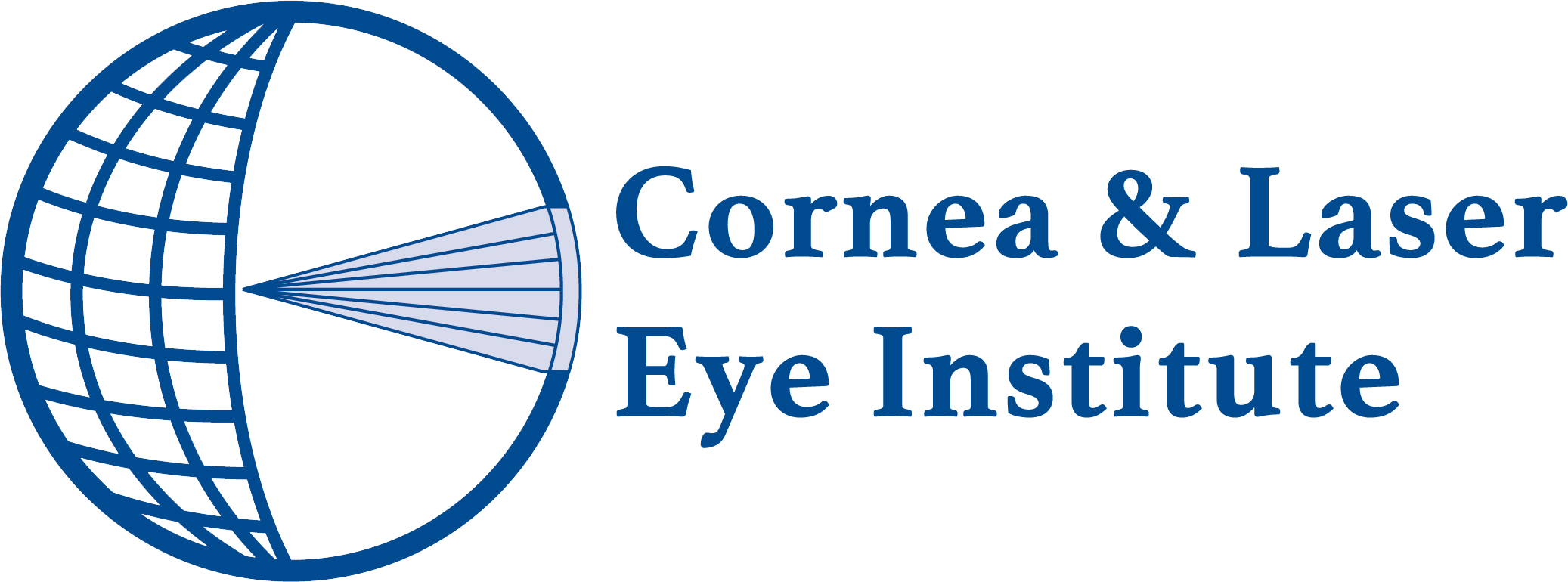
Light Adjustable Lens (LAL) surgery is an innovative and transformative cataract treatment that has gained significant attention in recent years. Unlike traditional cataract surgery, which involves the implantation of a fixed-power intraocular lens (IOL), LAL surgery allows for post-operative adjustments to the lens, enabling patients to fine-tune their vision and achieve optimal visual outcomes.
This revolutionary procedure offers a unique opportunity for individuals seeking to regain clear, sharp vision and reduce their dependence on corrective lenses. However, the success of LAL surgery is largely dependent on the skill and expertise of the surgeon performing the procedure. Finding the right Light Adjustable Lens specialist is crucial to ensuring a safe, effective, and personalized treatment experience.
Understanding Cataract Surgery and the Role of a Surgeon
Cataract surgery is a common and highly successful medical procedure that involves the removal of the clouded natural lens and its replacement with an artificial intraocular lens (IOL). The surgeon plays a vital role in this process, responsible for carefully planning the surgery, selecting the appropriate IOL, and meticulously executing the procedure to minimize the risk of complications and optimize visual outcomes.
In the case of LAL surgery, the practice you choose to perform your surgery and adjustments is critical. They must not only possess the technical skills to perform the initial cataract removal and IOL implantation but also must have the specialized knowledge and expertise to manage the post-operative adjustments required for the Light Adjustable Lens. This includes accurately measuring the patient’s visual needs, programming the lens to achieve the desired refractive outcome, and carefully monitoring the patient’s progress throughout the adjustment process.
At the Cornea and Laser Eye Institute, we are proud to be experts in refractive surgery. Our specialized knowledge in LASIK and vision correction procedures, combined with our commitment to personalized care and understanding your unique needs, provides you with the best opportunity to achieve exceptional vision with the LAL lens. Our focus on quality care helps minimize your reliance on glasses or contact lenses following your cataract surgery with the LAL lens.
The Importance of Finding the Right Practice for Your Cataract Surgery
Choosing the right surgeon for your cataract surgery is a crucial decision that can have a significant impact on the success of your treatment and your overall visual outcomes. This is especially true for LAL surgery, where the surgeon and the vision correction team’s expertise and attention to detail can make all the difference.
A skilled and experienced Light Adjustable Lens specialist will not only possess the technical proficiency to perform the procedure but also the clinical judgment and patient-centric approach necessary to tailor the treatment to your unique visual needs. They will work closely with you throughout the entire process, from the initial consultation to the final lens adjustment, to ensure that you achieve the best possible visual results.
Tips for Finding a Surgeon Who is a Light Adjustable Lens Specialist
To help you navigate the process of finding the perfect Light Adjustable Lens surgeon, here are five essential tips:
- Research and Evaluate Credentials: Look for surgeons who have extensive experience in performing LAL surgery and are both board-certified in ophthalmology and refractive surgery. Check their educational background, specialized training, and the number of LAL procedures they have successfully completed.
- Specialization and Subspecialty Training: Prioritize surgeons who have specialized training or fellowships in areas such as refractive and corneal surgery, as these skills can be particularly beneficial for LAL procedures.
- Commitment to Continuing Education: Ensure that the surgeon you choose is dedicated to staying up-to-date with the latest advancements in cataract surgery and IOL technologies, regularly attending conferences, and participating in ongoing professional development. At the Cornea and Laser Eye Institute, our surgeons not only attend educational conferences but are often invited to lead and teach courses within them.
- Seek Recommendations and Reviews: Ask your primary care physician or other healthcare providers for referrals to reputable LAL specialists in your area. Additionally, read online reviews and patient testimonials to gauge the surgeon’s reputation, bedside manner, and overall patient satisfaction.
- Consider Surgical Facilities and Technology: Ensure that the surgeon you choose operates in a state-of-the-art surgical facility equipped with the latest technology and equipment necessary for performing LAL surgery. This includes advanced imaging systems, precise measurement tools, and specialized instruments for the lens adjustment process.
- Prioritize Communication and Personalized Care: During your initial consultation, pay attention to the surgeon’s communication style and their willingness to listen to your concerns and address your specific visual needs. A skilled LAL specialist will take the time to thoroughly explain the procedure, set realistic expectations, and develop a customized treatment plan tailored to your individual requirements.
- Ask About Outcomes and Follow-Up Care: Inquire about the surgeon’s track record of successful LAL procedures, including the percentage of patients who have achieved their desired visual outcomes. Additionally, ask about the surgeon’s post-operative care protocols and their commitment to monitoring your progress and making any necessary adjustments to the lens.
Exploring Different Cataract Surgery Options
While Light Adjustable Lens surgery is a highly innovative and promising cataract treatment, it is important to understand that it is not the only option available. Your surgeon should take the time to discuss the various cataract surgery alternatives with you, including:
- Standard Monofocal IOLs: These traditional intraocular lenses provide a single fixed focal point, typically for distance vision, requiring the use of reading glasses or bifocals for near and intermediate tasks.
- Multifocal IOLs: These advanced lenses are designed to provide clear vision at multiple distances, reducing or eliminating the need for corrective lenses in many cases.
- Toric IOLs: Toric lenses are specifically designed to correct astigmatism, a common refractive error that can occur alongside cataracts.
- Extended Depth of Focus (EDOF) IOLs: EDOF lenses offer an expanded range of clear vision, often providing improved intermediate and near vision compared to traditional monofocal lenses.
Your surgeon should thoroughly evaluate your unique visual needs, lifestyle, and preferences to recommend the most suitable cataract surgery option, which may or may not include the Light Adjustable Lens.
Conclusion and Final Thoughts
Finding the perfect Light Adjustable Lens surgeon is a crucial step in ensuring a successful and rewarding cataract surgery experience. By carefully researching and evaluating potential surgeons, prioritizing their credentials and expertise, and considering the various factors that contribute to positive surgical outcomes, you can feel confident in your choice and take the first step towards achieving your desired visual goals.
To learn more about Light Adjustable Lens surgery at our premium cataract surgery facility, schedule a consultation with us today. We are qualified to provide you with the personalized guidance you need to determine if this innovative treatment option is the best fit for your vision and lifestyle.





